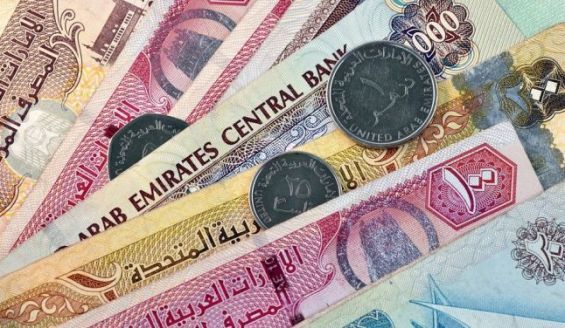The Arab Monetary Fund (AMF) said on Sunday that the pandemic is «an additional burden on the volume of public debt in Arab countries». In a study entitled the «Economic consequences of coronavirus on Arab countries», the fund based in the United Arab Emirates (UAE), refers to the case of Morocco, which indicated last week that «the debt ceiling for 2020 could be exceeded by about $ 3 billion because of the pandemic».
The assessment stresses that Arab financial markets have already been affected by the Covid-19 crisis, like other international ones. «Some stock exchanges recorded significant losses due to the fall in prices of the main listed companies during the month of March», it reported.
The organization referred to the Casablanca Stock Exchange, where the losses are estimated at -2.2% and the financial market in Dubai, with a fall of -21.7%.

To mitigate the economic impact of the new coronavirus, Arab countries have used several measures, including the adjustment of the key rates of their central banks and monetary institutions from March 2020. The Central Bank of Morocco reduced its key rate by 25 basis points at 2%, while that of Tunisia stands at 6.8%.
The study also highlights the compensatory measures implemented by some countries, including the special fund created in Morocco to support the economic sectors most affected by the pandemic. These funds will be used to help the health sector purchase equipment and medical supplies.
Great uncertainty
It’s also an opportunity to compare this measure with those taken by 12 other countries in the region. In volume, Morocco is ranked 9th behind the UAE ($ 76.4 billion), Saudi Arabia ($ 34.4 billion), Qatar ($ 23.4 billion), Oman ($ 20 billion), Bahrain ($ 12 billion), Egypt ($ 7.7 billion), Kuwait and Tunisia ($ 1.6 billion) and Jordan ($ 1.5 billion). The document states that other countries, such as Algeria, did not implement such measures.

The AMF believes that although Arab oil-importing countries are faced with exceptional circumstances represented by the deficit in public budgets, those who import, including Morocco, can also take advantage of the differences to finance the recovery plans and compensatory measures.
However, the study points at the «great uncertainty about the potential economic effects of the coronavirus» on Arab economies. «Although the stimulus policies will help stimulate aggregate demand by supporting the consumption model and encouraging investment, Arab governments must however guard against the consequences on their budgets». Indeed, the editors point out that «the projections indicate that the shock (due to the pandemic, editor's note) may be particularly significant in terms of imported supplies and consumer goods».





 chargement...
chargement...












